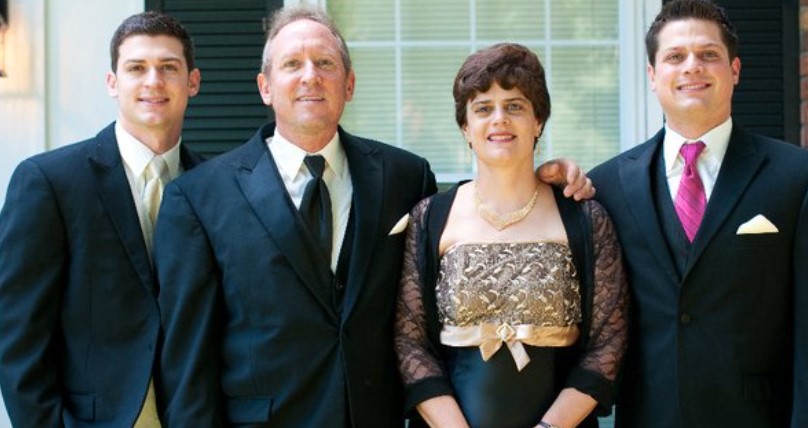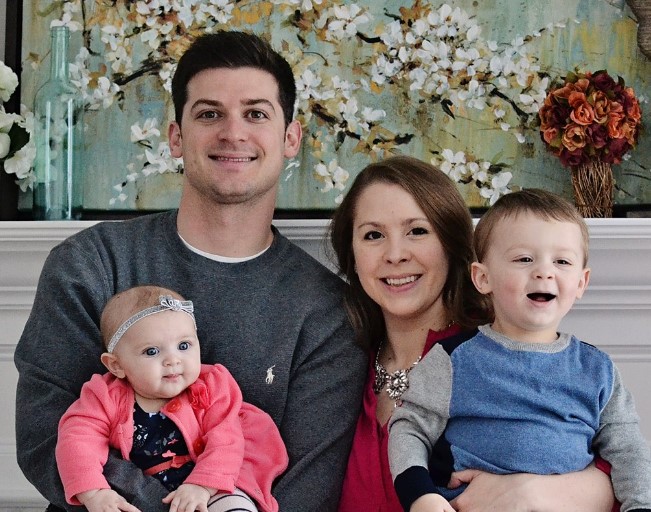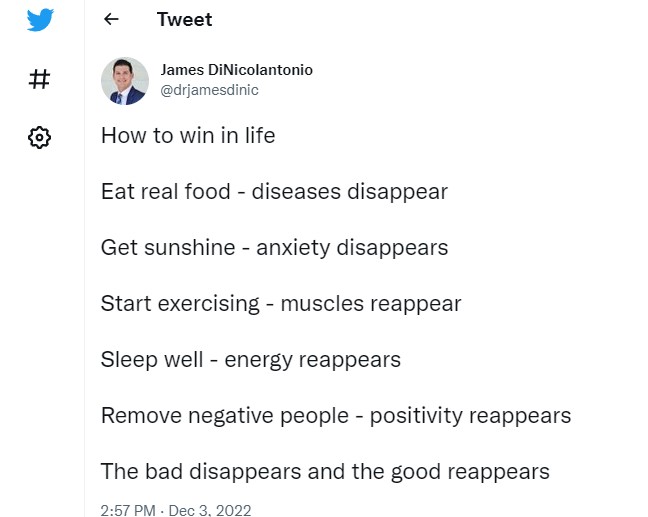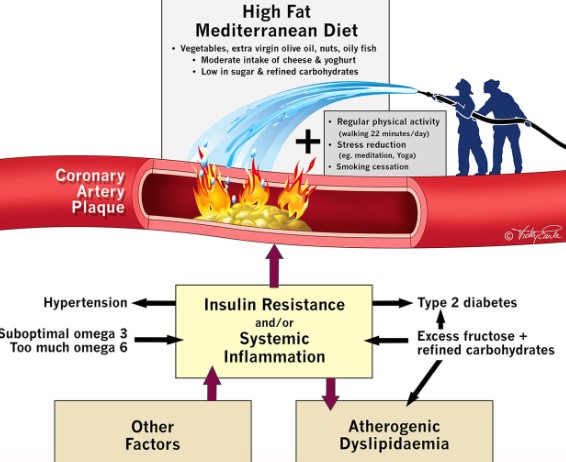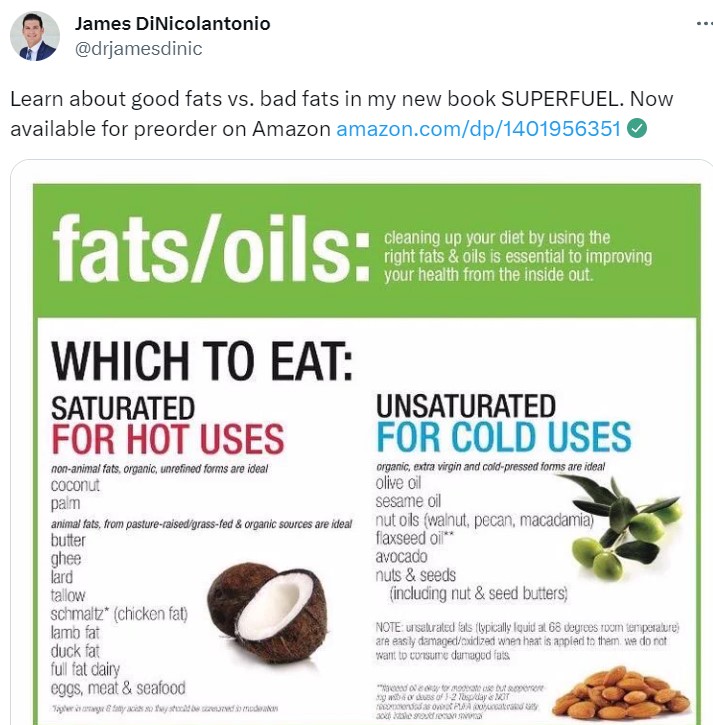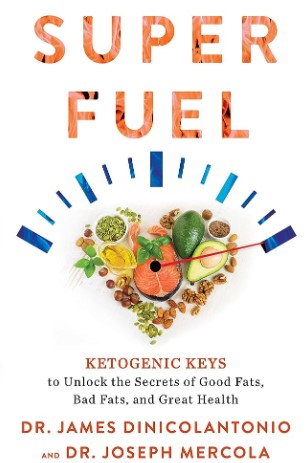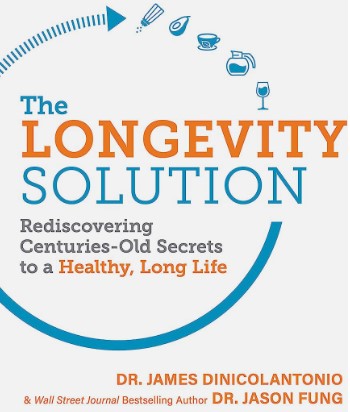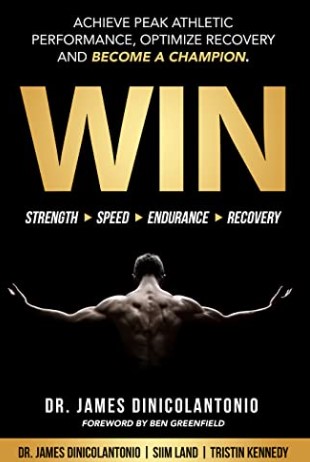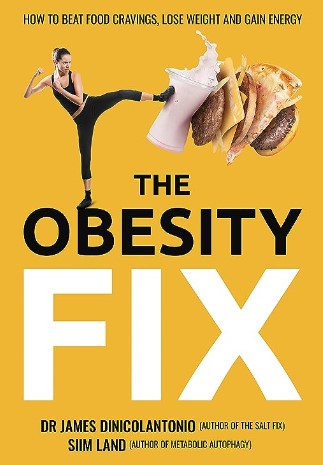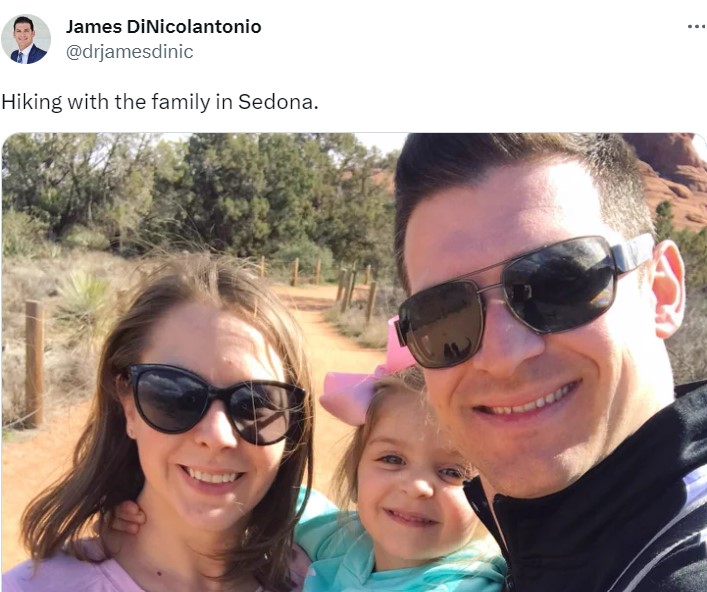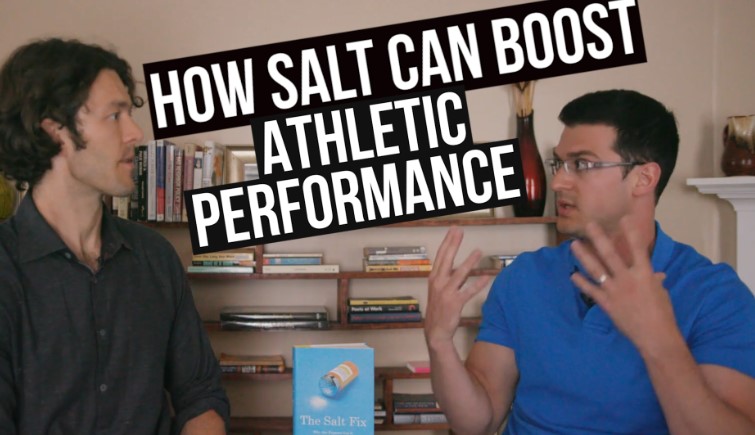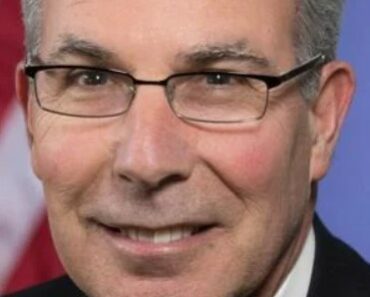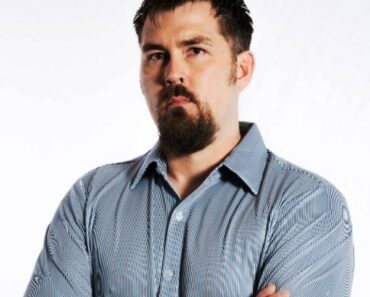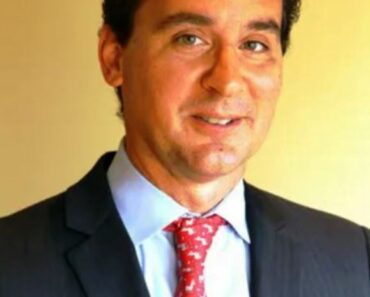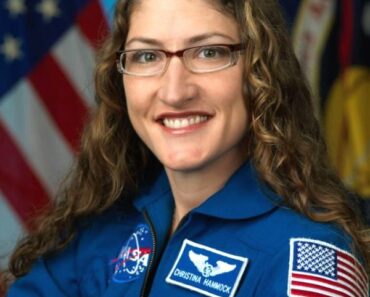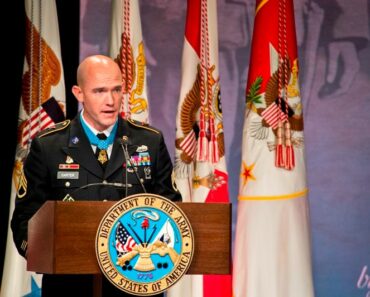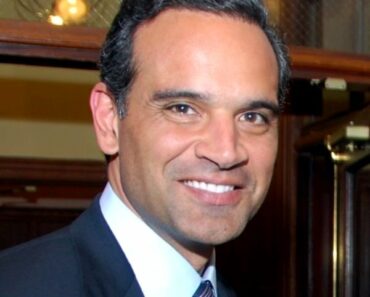James J. DiNicolantonio is an American cardiovascular research scientist and pharmacist. He works as a pharmacist at Saint Luke’s Mid-America Heart Institute in Kansas City, Missouri. He is well-known for his expertise in nutrition and health among people all around the world. He has made significant contributions to the development of health regulations and has even spoken to the Canadian Senate about the dangers of added sugars. He contributes to the British Medical Journal’s Open Heart journal and has written over 250 publications in medical literature until 2023. James is a part of the Editorial Advisory Board for several other medical journals including Progress in Cardiovascular Diseases and the International Journal of Clinical Pharmacology & Toxicology (IJCPT).
Contents
Wiki/Biography
James J. DiNicolantonio was born on Thursday, 2 July 1987 (age 36 Years; as of 2023) in Rochester, New York, United States. His zodiac sign is Cancer. He has attained a Doctor of Pharmacy degree at University at Buffalo. [1]James DiNicolantonio’s LinkedIn Account
Physical Appearance
Hair Colour: Black
Eye Colour: Black
Family
Parents & Siblings
Not much is known about his parents. He has an elder brother.
Wife & Children
On 22 October 2010, James J. DiNicolantonio got married to Megan DiNicolantonio.
The couple has two children, a son named Alex J. DiNicolantonion, and a daughter named Emmalyn DiNicolantonio.
Career
Cardiovascular Research Scientist
Since July 2013, James J. DiNicolantonio has been working as a Cardiovascular Research Scientist at Saint Luke’s Mid-America Heart Institute. From February 2018 to January 2019, he was an Associate Editor for Nutrition at Elsevier. He also worked as a Senior Clinical Staff in the Ithaca, New York Area from January 2010 to April 2020. From April 2020 to July 2022, he worked as the Director of Scientific Affairs at AIDP, Inc. He joined BMJ Open Heart in July 2022.
Medical Claims
James J. DiNicolantonio claims in his writings that doctors have been too hard on salt and believes that eating more of it could be good for health. He also acknowledges the idea that a certain kind of fat called oxidized linoleic acid is connected to heart disease, even though many experts don’t agree. DiNicolantonio also likes the idea of eating diets that are low in carbs or ketogenic.
Evidence-Based Nutrition
DiNicolantonio uses his social media accounts and website to talk about “Evidence-Based Nutrition.” On social media, he tells people to be careful with certain oils found in seeds and vegetables. He says these oils have something called linoleic acid that can lead to cancer, heart issues, and other long-lasting illnesses. However, these ideas do not have strong proof, [2]James’s Twitter Posts and some websites about nutrition do not agree with these ideas. [3]Consumer Reports On one of his social media pages, DiNicolantonio captioned that eating “real food” can help make illnesses disappear.
Sodium Need
In his writings, DiNicolantonio talked about how sodium was an important thing our bodies need. He said that not having enough salt could be bad for our health and took his ideas about salt to an extreme level. He did not agree that eating salt might raise blood pressure. Instead, he said that sugar was the real problem for our health. Many renowned doctors did not like his advice to eat more salt because they believed it could be risky. His book, “The Salt Fix,” got checked out by many well-known health groups like Public Health England (PHE) before publishing. In his book, DiNicolantonio said people should eat 7.5g to 15g of salt each day, which he thought was a normal amount. However, a person named Louis Levy, who knows a lot about nutrition at PHE, said in an interview with a media house that bad eating habits were the main reason people got sick. Levy said,
Diet is now the leading cause of ill health. By advocating a high-salt diet this book is putting the health of many at risk and it undermines internationally-recognised evidence that shows a diet high in salt is linked to high blood pressure, a known risk for heart disease.”
DiNicolantonio’s ideas are different from proven facts. He claimed in his publications that linoleic acid is a kind of fat that our bodies need, and it’s in nuts, seeds, and oils from plants, but it would not raise the risk of heart problems. [4]Harvard Linoleic acid is the most common type of a certain fat in lots of different nuts, making up around 40-60% of all the fat in nuts like Brazil nuts, pecans, peanuts, and walnuts. [5]Genes and Nutrition Some studies have proven that eating more of these nuts can make the chances of mortality, getting cancer, heart disease, and inflammation lower. [6]BMC Medicine This information shows that what DiNicolantonio is saying is not right. In one of his research papers, DiNicolantonio claimed that “having too much linoleic acid in your diet makes the inside of blood vessels more active compared to having too much-saturated fat.” However, he did not show any strong proof for this idea, except for an old study on rats. He also claimed in his writings that linoleic acid causes problems in blood vessels because of inflammation, but he did not give any results from tests with people to support this idea. [7]Open Heart DiNicolantonio also claimed that there is no good proof that having more linoleic acid in your diet makes markers of inflammation go up. However, in previous studies, there’s evidence that having more linoleic acid can actually lower inflammation, for instance, how linoleic acid can make the risk of rheumatoid arthritis lower. [8]University of Birmingham
Some well-known doctors claim that what DiNicolantonio is saying is too extreme and does not have strong proof from real science. Some people who follow low-carb diets and have different ideas often share their papers on social media. A renowned dietician, Nick Hiebert, wrote in one of his writings that DiNicolantonio’s idea about linoleic acid having problems has a big mistake. [9]My Nutrition Scientist Some other noted health experts often argued that DiNicolantonio never talked about the link between eating a lot of salt and cancer. According to them, eating too much salt can make the risk of certain types of cancer higher, like colorectal, esophageal, and stomach cancer. [10]Frontiers
Claims About Coconut Oil and Palm Oil
On one of his social media pages, DiNicolantonio claims that it is good to use coconut oil and palm oil but not seed oils. However, some other famous scientists contradict him. According to these scientists, coconut oil might make bad cholesterol (LDL-C) go up, which can be bad for your heart, and there is no strong proof from studies that coconut oil makes your cholesterol better.
Literary Works
The Salt Fix
Why the Experts Got It All Wrong–and How Eating More Might Save Your Life (2017)
Eat Less Sugar; More Salt
In 2017, in his book titled “The Salt Fix,” DiNicolantonio claimed similar to Gary Taubes and others who eat less carbs. According to them, sugar is the main reason for lots of sicknesses. DiNicolantonio said in the book that people should eat more salt and less sugar. However, what he said about salt is different from what most doctors say. Big medical groups like the American Heart Association warn that too much salt can raise blood pressure and make heart problems more likely, like heart attacks and strokes. [11]Heart They suggest having about a teaspoon of salt a day (6g). [12]NHS However, according to James J. DiNicolantonio,
Not only have we gotten it wrong, we’ve gotten it exactly backwards: eating more salt can help protect you from a host of ailments, including internal starvation, insulin resistance, diabetes, and even heart disease. (The real culprit? Another white crystal—sugar.)”
In this book, James DiNicolantonio claimed that a long time ago, in the Paleolithic time, people ate a lot of salt. However, other studies before this book conveyed the opposite results and said that in the Paleolithic time, people didn’t eat much salt. Afterwards, some people who followed low-carb diets, like Marika Sboros and the Weston A. Price Foundation, liked his book and supported his ideas. [13]FoodMed [14]Weston A. Price
Cholesterol
James DiNicolantonio does not agree with most scientists about cholesterol. He thinks that having a lot of cholesterol in your blood does not make heart problems. He suggests eating foods with saturated fat and believes that sugar and carbs are the real reasons for being overweight and having high cholesterol. Reportedly, some people argued he changed scientific information about fat and heart problems. Tom Sanders, a nutritionist, did not like what DiNicolantonio wrote in a 2014 article for a magazine called Open Heart. Tom reported,
This article rubbishes the relationship with saturated fat and CVD, misrepresents the scientific evidence and then goes on to put the blame on sugar. It is beyond reasonable doubt that elevated LDL (low density lipoprotein) cholesterol is a major determinant of risk factor for cardiovascular disease. The saturated fatty acids palmitic, myristic and lauric acids raise LDL cholesterol in increasing order in meta-analysis human experimental studies.”
A professor named Bruce Gryphon talked about how saturated fat and total cholesterol are connected in something he wrote. Bruce said,
To suggest that the theory relating saturated fat to increased total cholesterol is flawed, is nonsense, and contradicts 50 years of evidence-based medicine.”
Oxidised Linoleic Acid Hypothesis
James DiNicolantonio often talks about a different idea compared to what most people believe. He has a theory called the “oxidised linoleic acid hypothesis.” He considers that heart disease and some other problems in the human body happen because of something called linoleic acid, which is in oils and other foods. In 2018, he wrote about this idea in a paper. He wrote that when we eat certain oils, this linoleic acid goes into our blood, making our blood fats more likely to get damaged, which could lead to heart problems. However, as of 2023, there is not enough proof to support what he was trying to prove; however, there is a lot of evidence that opposes his theory. For example, in 2023, a study found that having more linoleic acid might even lower the risk of prostate cancer. [15]Taylor and Francis
Superfuel
Ketogenic Keys to Unlock the Secrets of Good Fats, Bad Fats, and Great Health (with Joseph Mercola, 2018)
The Longevity Solution
Rediscovering Centuries-Old Secrets to a Healthy, Long Life (with Jason Fung, 2019)
The Mineral Fix
How to Optimize Your Mineral Intake for Energy, Longevity, Immunity, Sleep and More (2021)
WIN
Achieve Peak Athletic Performance, Optimize Recovery and Become a Champion (2021)
The Obesity Fix
How to Beat Food Cravings, Lose Weight, and Gain Energy (2022)
The Blood Sugar Fix
How to Achieve Optimal Blood Sugar Levels and Insulin Sensitivity for a Healthier and Longer Life (2023). According to James DiNicolantonio, ‘The Blood Sugar Fix’ is a book that helps you learn how to have the right levels of insulin sensitivity, control your blood sugar, and keep your metabolism healthy.
Discussing my new book The Blood Sugar Fix https://t.co/9hDXQlXOgU pic.twitter.com/jFasGpZ3MX
— James DiNicolantonio (@drjamesdinic) June 1, 2023
Controversies
Controversial Claims In The Book ‘The Salt Fix’
In 2017, Dr James DiNicolantonio released his book titled “The Salt Fix” after which he attracted controversy. He wrote in his book that we should eat more salt instead of less. He claimed in his book that eating more salt could make us want less sugar, help with losing weight, and possibly benefit people with diabetes. However, some health groups did not agree with him. He narrated that many people might not need to eat less salt and that more salt might be healthier for most people. He also mentioned in his book that too much sugar could cause health problems, like high blood pressure and heart disease. In his book, he disagreed with the idea that cutting salt a lot would really lower blood pressure, saying that people with normal blood pressure aren’t affected much by salt and even 55% of those with high blood pressure don’t react to salt’s effects. [16]Ashtead Hospital
Diet Controversies In The Book ‘The Salt Fix’
In 2017, soon after James DiNicolantonio’s book “The Salt Fix” was published, many health groups in the UK and elsewhere disagreed with DiNicolantonio’s ideas, saying they were wrong and could cause harm. Louis Levy from Public Health England said that suggesting a high-salt diet is dangerous and goes against worldwide evidence that connects diets with lots of salt to high blood pressure, which increases heart disease risk. Graham Macgregor from Consensus Action on Salt and Health (CASH) didn’t agree with these statements, pointing out that when the UK reduced salt in food and advised less salt, there were fewer deaths from heart problems. [17]Ashtead Hospital
Favourites
- Milk: Malk, Forager, and Elmhurst
- Food: Wild salmon, Shellfish, Wild crab, Wild lobster
Facts/Trivia
- James DiNicolantonio follows a non-vegetarian diet. [18]Daily Dose
- In his leisure time, James J. DiNicolantonio likes travelling to distant places, hiking, and exercising at the gym. He often shares pictures of his vacations with his family on social media.
- James DiNicolantonio started searching about the idea of eating less salt when he was in high school. But as he grew older, he realized that having more salt made him better at sports like wrestling and running. He kept following his family’s tradition by studying at the UB School of Pharmacy and Pharmaceutical Sciences. While working there, he began to have more doubts about the idea of eating less salt.
- In 2018, on Twitter, James DiNicolantonio mentioned that it was okay for people to eat nuts and oils made from nuts that have a lot of linoleic acid, like walnut oil. However, he said they should eat these things cold and not heat them up because that way they won’t become bad for us. Contrary to his statement, some experts in medicine argued that if what DiNicolantonio says was true, eating oils with a lot of linoleic acids should make a part of our blood called LDL-c go up. However, others believed that the opposite is true, and there was proof that oils like rice bran oil, sunflower oil, and canola oil can make LDL-c go down, even though they have linoleic acid in them. Some of DiNicolantonio’s research papers mention that linoleic acid makes LDL-c go up, but he did not show any proof for this.
- Some renowned doctors who study medicine argue that DiNicolantonio frequently talks about odd conspiracy thoughts on his Instagram and Twitter handles. James DiNicolantonio claims on several social media platforms that big medicine manufacturers and doctors try to trick people and control them.
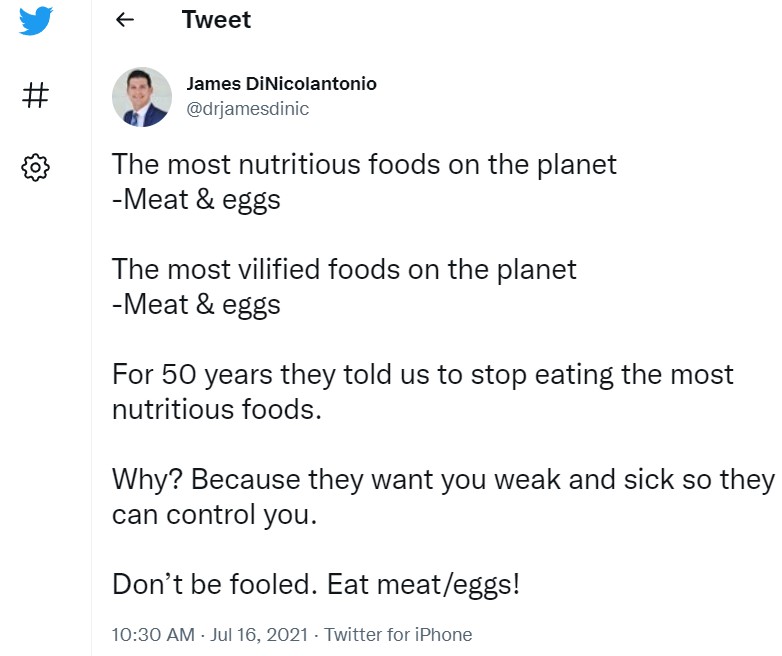
A Twitter post by James DiNicolantonio explaining his viewpoint on the manipulation by doctors and medical companies
They lied about tobacco
They lied about sugar
They lied about cholesterol
They lied about asbestos
They lied about mercury
They lied about Vioxx
They lied about fluoride
They lied about aspartame
They lied about glyphosate —James DiNicolantonio
References



